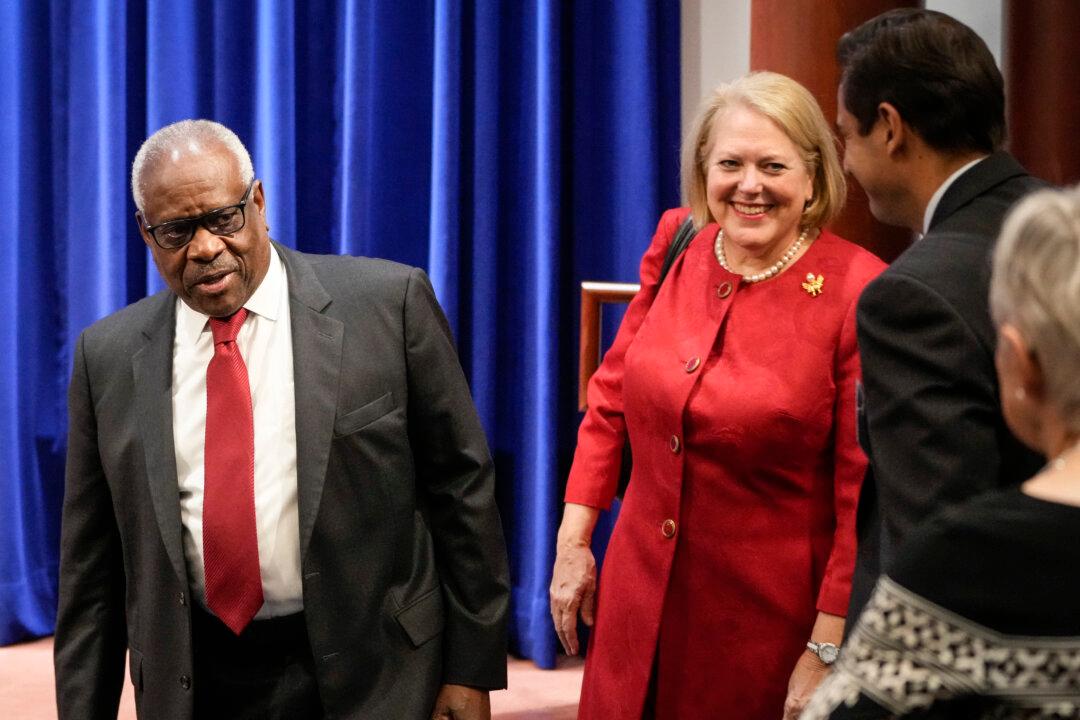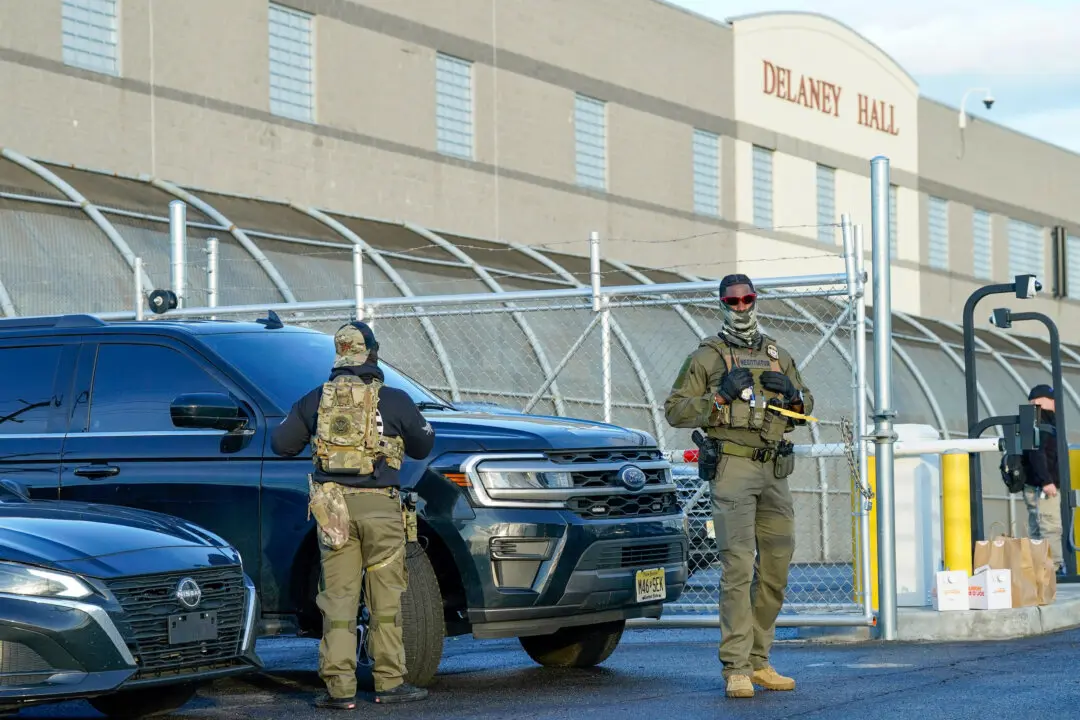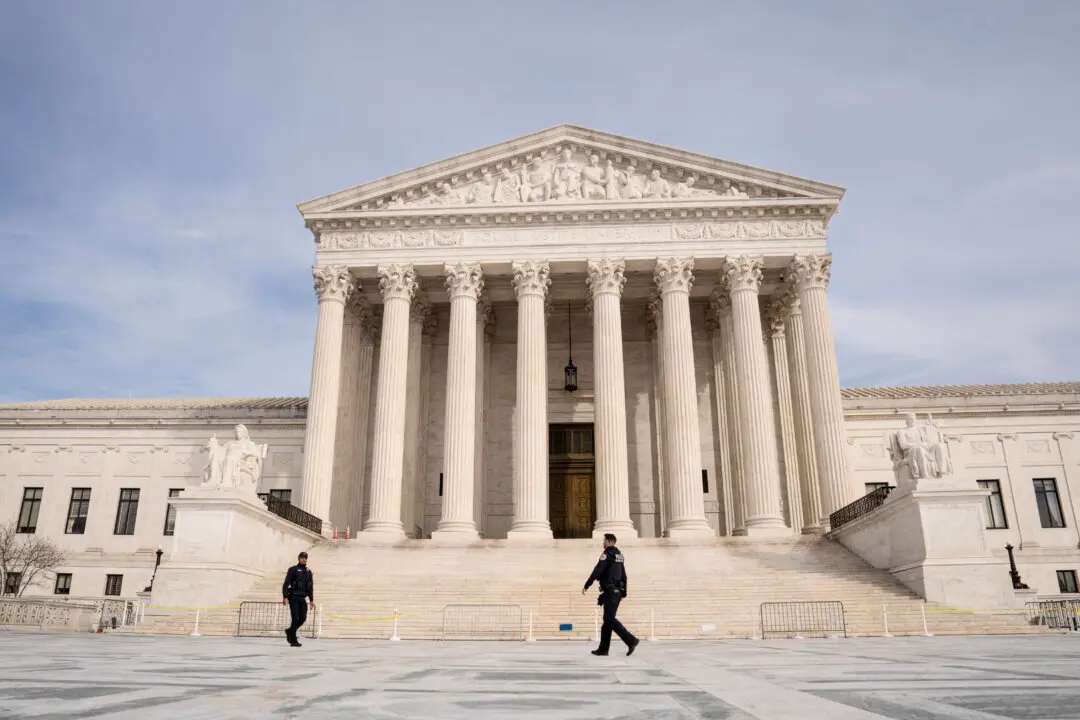News Analysis
Responding to a recent wave of criticism and adverse mainstream media reports targeting her, U.S. Supreme Court Justice Clarence Thomas’s conservative activist wife distanced herself from the Jan. 6, 2021, civil unrest in the nation’s capital and denied that her activities undermine her husband’s work on and public trust in the nation’s highest court.





